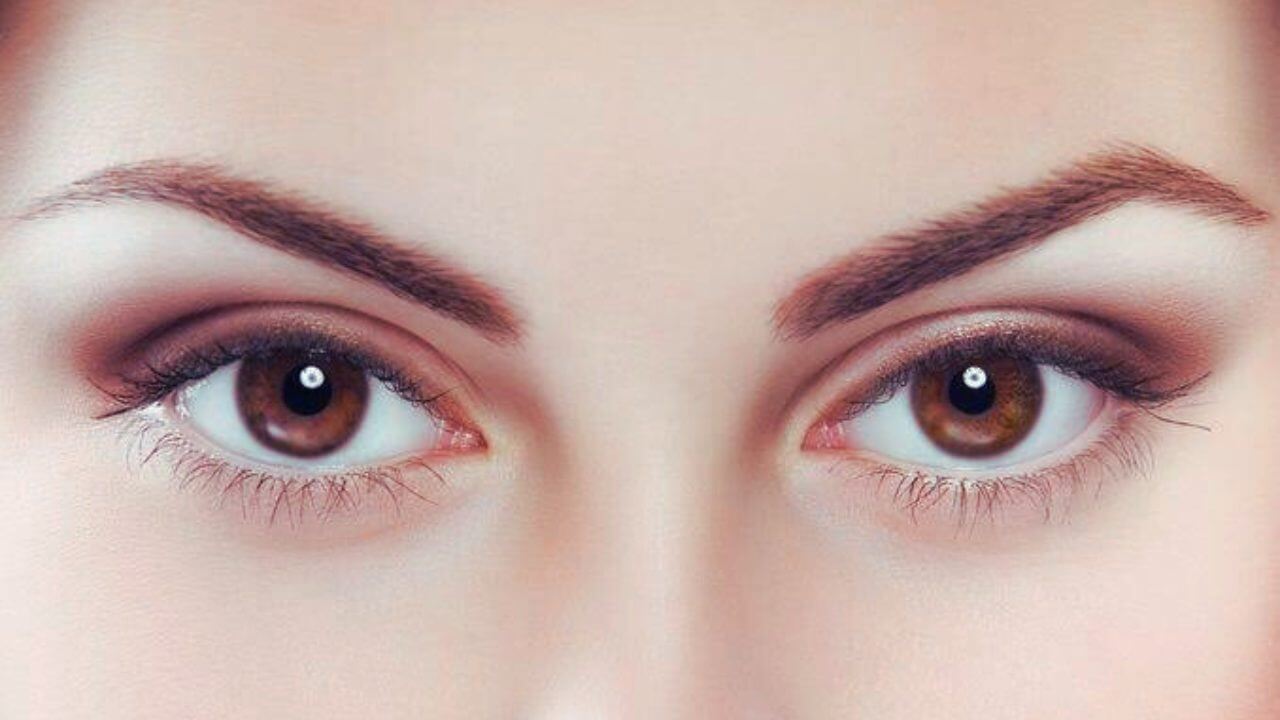Eyes say a lot: Eyes are the mirror of your health, recognize their signs.

Eye Health Indicators : Eyes say a lot. Know how many couplets have been said about eyes, how many poems have been written, how many superhit songs have been made. Eyes also have a tongue… even medical science accepts this. Although, this language is not poetic in this field, but it is true that eyes give many types of signals regarding our health. The eyes contain a network of blood vessels, the nervous system, and other vital structures, which work together with other organs in the body. Therefore, whenever any health problem arises in the body, its first reaction is often seen in the eyes.
Our eyes are a very important and sensitive part of our body. It not only gives us visual beauty and power, but also gives many important indications about our health status. The structure of the eyes is so complex and sensitive that by any small change in it, we can guess the health related changes happening in the body.
what do the eyes say
Eyes not only help in seeing, but they also act as indicators of changes and problems happening in our body. This is possible due to their structure, sensitivity and complex systems connected to other parts of the body. That's why you should recognize these signs. For example, if there are dark circles under the eyes, it could be a sign of lack of sleep, iron deficiency (anemia) or stress and dehydration.
Eyes are a mirror of the health of the body. Through these we can identify many serious health problems at an early stage. That is why it is important for the eyes to remain healthy. Regular eye check-up and paying attention to them is very important for overall care of the body.
Why and how do eyes give signals?
relation between body and eyes : The eyes are connected to the entire blood flow system, nervous system and hormonal balance of the body. Therefore, any problem affects these systems and its signs are visible in the eyes.
eye sensitivity : Eyes are highly sensitive organs and contain very fine nerves and tissues. They react quickly, due to which even the smallest problems become visible to them.
Brain and neurological connections : Eyes are directly connected to the brain. Any change or problem occurring in the brain and nervous system may indicate blurred vision, loss of vision, or double vision.
hormonal and metabolic changes : Diabetes, thyroid, and other metabolic problems can affect the eyes' blood vessels, muscles, and cornea.
Recognize these eye signals
presence of blood vessels : There are very fine blood vessels in the eyes, which reflect the normal blood flow condition of the body. The effect of diseases like high blood pressure, diabetes, and cholesterol can be first seen on the blood vessels of the eyes.
Cornea and sclera (white part) : The white part of the eyes and the cornea are the mirror of the internal condition of the body. Yellowness indicates liver problems, while redness indicates infection or inflammation.
vision change : Eyes immediately show any change in our vision. Signs like blurred vision, double vision or dark spots may indicate neurological or metabolic disorders of the body.
change in color and texture : Change in color or texture of the iris can indicate some serious genetic or autoimmune diseases. White spots in the eyes can be a symptom of vitamin A deficiency or infection.
Tears and moisture level Dry eyes may indicate hormonal changes, omega-3 deficiency, or an autoimmune disease (such as Sjogren's syndrome). Excessive tearing may indicate an allergy or eye fatigue.
eyelids and muscles Twitching of eyelids can be a sign of stress, nutritional deficiency or excess caffeine. Loosening of eyelids can be a sign of muscle related problems or neurological disorders.


Comments are closed.